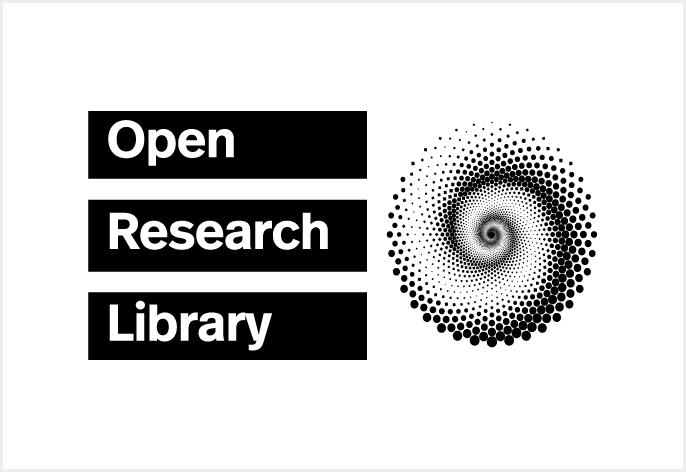
The Open Research Library reaches new milestones, seeing growth in content, usage and accessibility features
The Open Research Library (ORL), the hosting platform that makes scientific book publications and other high-quality academic Open Access content freely available to anyone, anywhere in the world, has made great strides since its official launch in January 2020. Not only is the ORL seeing increased usage worldwide—in countries where OA content is widespread as well as those where it is emerging—its collection now includes over 86,000 items and not only books and book chapters but also OA videos, posters and podcasts.
In the first quarter of the year, the ORL usage numbers tallied up to over 40,000 interactions. In the second quarter, this number grew to over 76,000, an increase of almost 86 percent. Usage for the third quarter is already at nearly 37,000 interactions, forecasting growth again. That is an increase of over 430 percent from January to July.
“The goal all along has been to maximize the affordances of OA,” says Pablo Markin, ORL’s Manager. “We are pleased to see the platform grow in every way. In these challenging times of the Covid-19 pandemic, the academic community is awakening to the importance of OA and turning to sources like the ORL to meet their research needs. We look forward to adding much more content in the coming months.”
The platform has also made significant progress with accessibility and user experience in recent months, resulting in the addition of features, functionalities, and enhancements that meet the criteria for WCAG 2.1 Level AA compliance. A Voluntary Product Accessibility Template (VPAT) will be available on the ORL web site in late 2020, detailing the features of the platform as they relate to compliance criteria.
“With a commitment to inclusive technology as well as superior user experience, the ORL team will continue to enhance the platform as accessibility criteria and needs change, understanding that accessibility user experience is an ever-evolving process,” says Mitchell Davis, CEO at BiblioLabs, the organization that maintains the ORL technology. “We hope that publishers will continue to provide more content that is not only OA but also accessible, allowing users to take full advantage of the features that make inclusive and accessible platform technology great.”





















